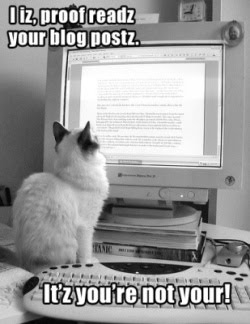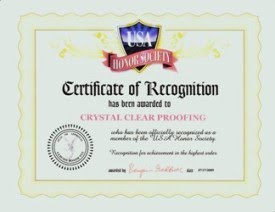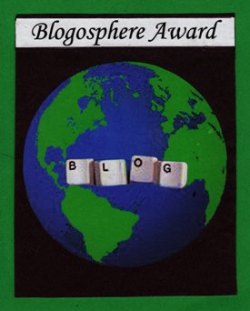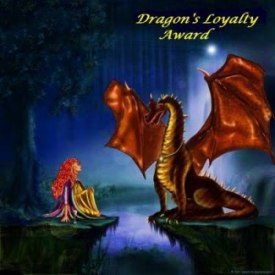Nearly answers how close to extinct wolves are/were. Adverbs answer the questions how, where, and when.
Adverbs do not get attached to adjectives with hyphens. Therefore, the adverb nearly, like most "ly" words, does not get hyphenated.
Only compound adjectives—adjectives that act as one idea with other adjectives—get hyphenated in front of nouns.
Example: The crowd threw out the barely edible cake.
The word barely is an adverb answering how edible the cake was.
Example: newly diagnosed disease
The word newly is an adverb answering when.
Example: We live in a two-story building.
The word two does not answer how, when, or where. It is acting as one idea with story to describe the noun building. Therefore, two-story is a compound adjective requiring a hyphen.
Example: The announcer offered a blow-by-blow description of the boxers' punches.
Blow-by-blow is acting as one idea. Therefore, it is a compound adjective.
Example: Our building is two stories.
When the description follows the noun, do not hyphenate.

Source: Grammarbook































































